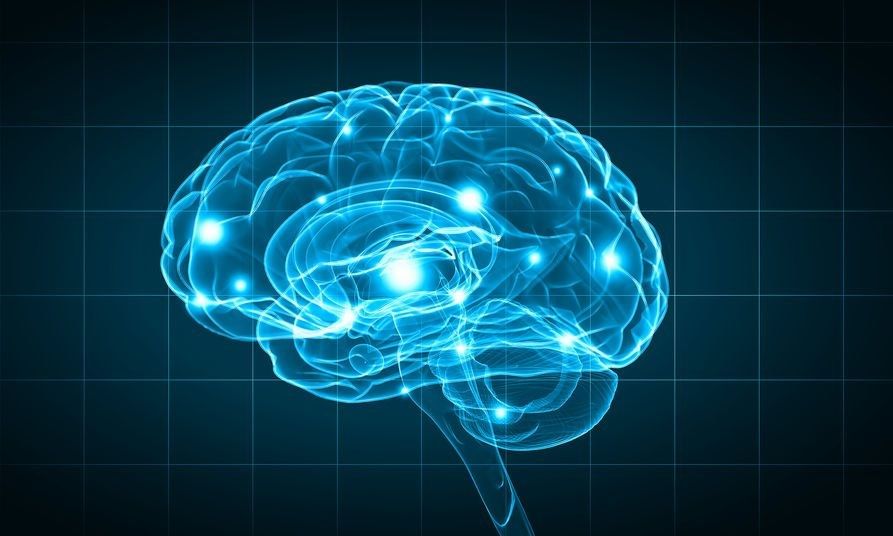What is Hypnosis and Does it Work?
What is Hypnosis?
Researchers and therapists have liked to argue over whether hypnosis is anything special, does it even exist? It turns out neuroscience is the Hypnotherapist’s friend and is starting to provide evidence via brain imaging that hypnosis is a distinct form of consciousness.
Brain imaging has shown that when someone is in hypnosis, as compared to just resting or daydreaming, different patterns of brain activity are recorded. This includes differences in the areas of the brain associated with thinking or cognition. This research supports the Hypnotherapist’s view that hypnosis enables you to enter a status of focused attention, that allows you to become aware of thoughts, feelings and self-beliefs that are normally outside your conscious awareness.

The Subconscious or Unconscious Mind
Therapists tend to refer to cognitive processes (i.e. thoughts and feelings) that are outside our conscious awareness as being part of our subconscious or unconscious mind. This can be a useful model to help you understand how your day to day thoughts, feelings and behaviour could be negatively influenced by deeper thoughts and feelings that you aren’t aware of.
Shining a light on what’s happening outside your conscious awareness is the first step to changing it. Without this light you’re essentially working in the dark, wondering why you think and feel as you do and being frustrated you can’t change it.
Hypnotherapists are therapists that use hypnosis therapeutically to help their clients make positive changes and resolve the symptoms they are seeking help with.
Does Hypnosis Work?
I’m a hypnotherapist now because it worked for me over 15 years ago. I also have clients who book with me because I helped someone they knew. The NHS recommends hypnotherapy for the treatment of Irritable Bowel Syndrome (IBS) and some clients are signposted to Hypnotherapy by their GPs.
So hypnotherapy can work. However no type of therapy guarantees a positive outcome 100% of the time. Hypnotherapy can provide clients with positive, life changing relief of symptoms. However change facilitated by hypnotherapy still requires commitment and work on the client's part. It's a team effort, not a "miracle cure".

What Will Hypnosis be Like?
During a hypnotherapy session with me I will guide you into hypnosis using my voice and although the experience is different for each person, it will be relaxing. I believe anyone can be hypnotised if they want to be. Equally people cannot be hypnotised if they don't want to be. You remain relaxed and in control throughout. You are always in charge; I only facilitate this process. During hypnotherapy, you will not be made to do anything you do not want to do.
In the hypnotic state you can become open to learning better ways of thinking, feeling and reacting to things. If you're prone to procrastination you might want to learn how to be more decisive. On the other hand if you feel you're too impulsive then putting a gentle brake on those hasty decisions might be useful to enable you to weigh things up a bit before you take action.
So hypnosis can connect your mind to new ideas, and it can also re-connect you with positive ways of thinking and feeling that perhaps you've lost sight of. When clients say to methey want to feel like they did at some period in the past, it's an indication some re-connection work may be useful. Or they might say they wish they were as confident in social situations as they were at work; in this case we might look at ways of making that confident state available to them in more situations and contexts.

How can we use the past for positive change?
The state of hypnosis with its access to your subconscious mind enables access to your past experiences which are stored within your subconscious. For example if someone has lost confidence in their ability to do something we can draw on the past to re-connect them to those lost abilities. If someone feels they have always lacked confidence we can explore the past to see what may have contributed to that.
You may have connected with your subconscious mind before when a particular smell or sound perhaps resulted in you spontaneously recalling some long forgotten event or memory? Hypnosis is a way of connecting more directly to those events and memories which makes accessing them easier. Therapeutically this allows access to any past events that may be contributing to your current issue.
What does Hypnotherapy Work For?
As a Clinical Hypnotherapist clients come to me for help with a wide variety of problems including:
- Anxiety: GAD (Generalised Anxiety Disorder), Social Anxiety, Health Anxiety
- Panic Attacks
- OCD (Obsessive Compulsive Disorder)
- Fears and Phobias: Including Fear of Flying, Fear of Public Speaking,
Dental Phobia, Fear of spiders, dogs, heights, claustrophobia, fear of water - Test Anxiety including Interviews, Exams and Driving Tests
- Stress
- Low self-esteem
- Lack of Confidence
- Depression
- Trauma
- Addictions
- Insomnia and Sleep Problems
- Pain
- IBS
- Quitting Smoking
- Binge Eating
- Weight Loss
